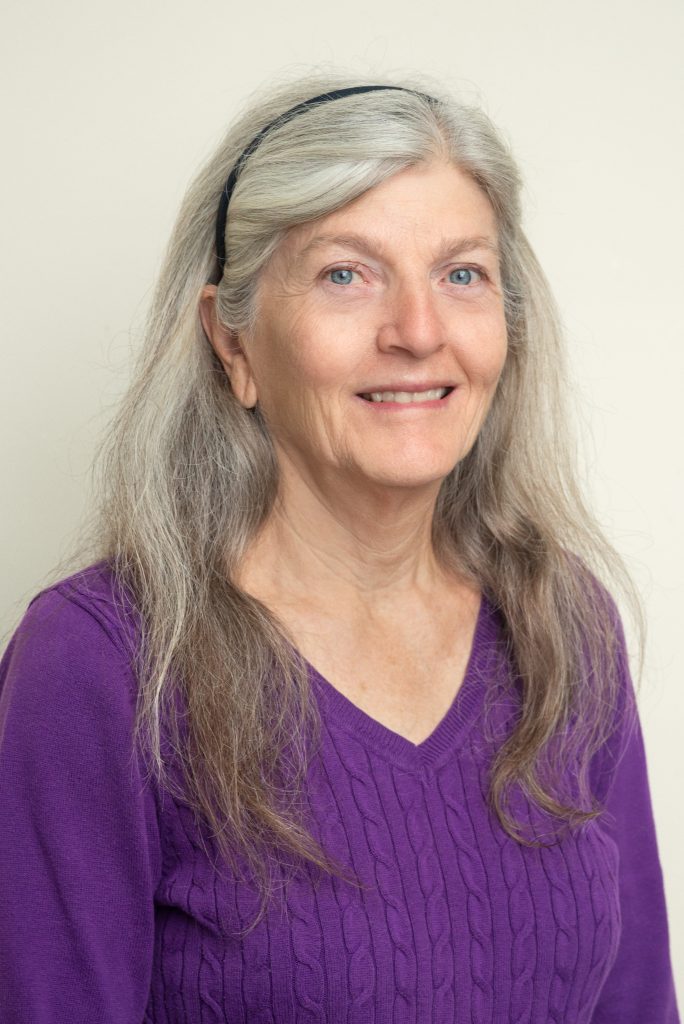Aucun résultat

On average, ~ 38,000 Canadians per year experience a cardiac surgery. Serious adverse events requiring acute care or hospital readmission occur in up to 25% of coronary bypass graft patients. This indicates that some key components, which control recovery, are being overlooked. Few studies have focused on the effects of surgery on the microbiota and metabolome and fewer still have investigated interventions to maintain gut health. Our research asks how surgery influences the gut microbiome such that recovery is impaired.
Our overarching hypothesis is that surgery induces a gut dysbiosis which contributes to greater systemic inflammation and impaired recovery. Our goal is to characterize the gut dysbiosis with time post- cardiac surgery, define recovery-promoting microbiome profiles and test intervention strategies to promote the resident microbiota such that gut health and cardiac structure/function are improved.
The intestinal microbiome senses and reacts to our environment. Dysbiosis is an altered microbiome with reduced bacteria diversity, increased mucosal barrier permeability and aberrant local immune responses. Men and women are often malnourished before cardiac surgery and are at high risk for intestinal dysbiosis given dietary insufficiency and antibiotic use. Using a mouse model of a major cardiac surgery we are testing the hypothesis that surgery induces a sex-dependent gut dysbiosis that hampers healing.
We have 3 aims:
Adam Schwendt, Joey-Bahige Chammas and Lorraine E. Chalifour. 2022. Toxicology and Applied Pharmacology, 440, 115954
Yao Lu, Jasmine Chong, Shiqian Shen, Joey-Bahige Chammas, Lorraine Chalifour and Jianguo Xia. 2021. Metabolites, 12, 10, metabol12010010
Shang JJ, J Corriveau, A Champoux-Jenane, J Gagnon, E Moss, P Dumas, E Gaudreau, J Chevrier, LE Chalifour. 2019. Toxicological Sciences 168, 78-94.
You have the power to make a difference! Your gift will support vital research at the Lady Davis Institute for Medical Research (LDI) that will translate into disease prevention, improved diagnoses, earlier detection, new and enhanced therapies, a better quality of life, wellness and hope for all of us.
Faire la différence, vous avez ce don! Votre contribution soutiendra la recherche essentielle menée à l’Institut Lady Davis qui permettra la prévention des maladies, des diagnostics plus précis, des dépistages plus rapides, des traitements innovants et plus performants, une meilleure qualité de vie, le bien-être et l’espoir pour nous tous.
Copyright © 2024 | Lady Davis Institute for Medical Research/Jewish General Hospital
Conception et développement : Yankee Media